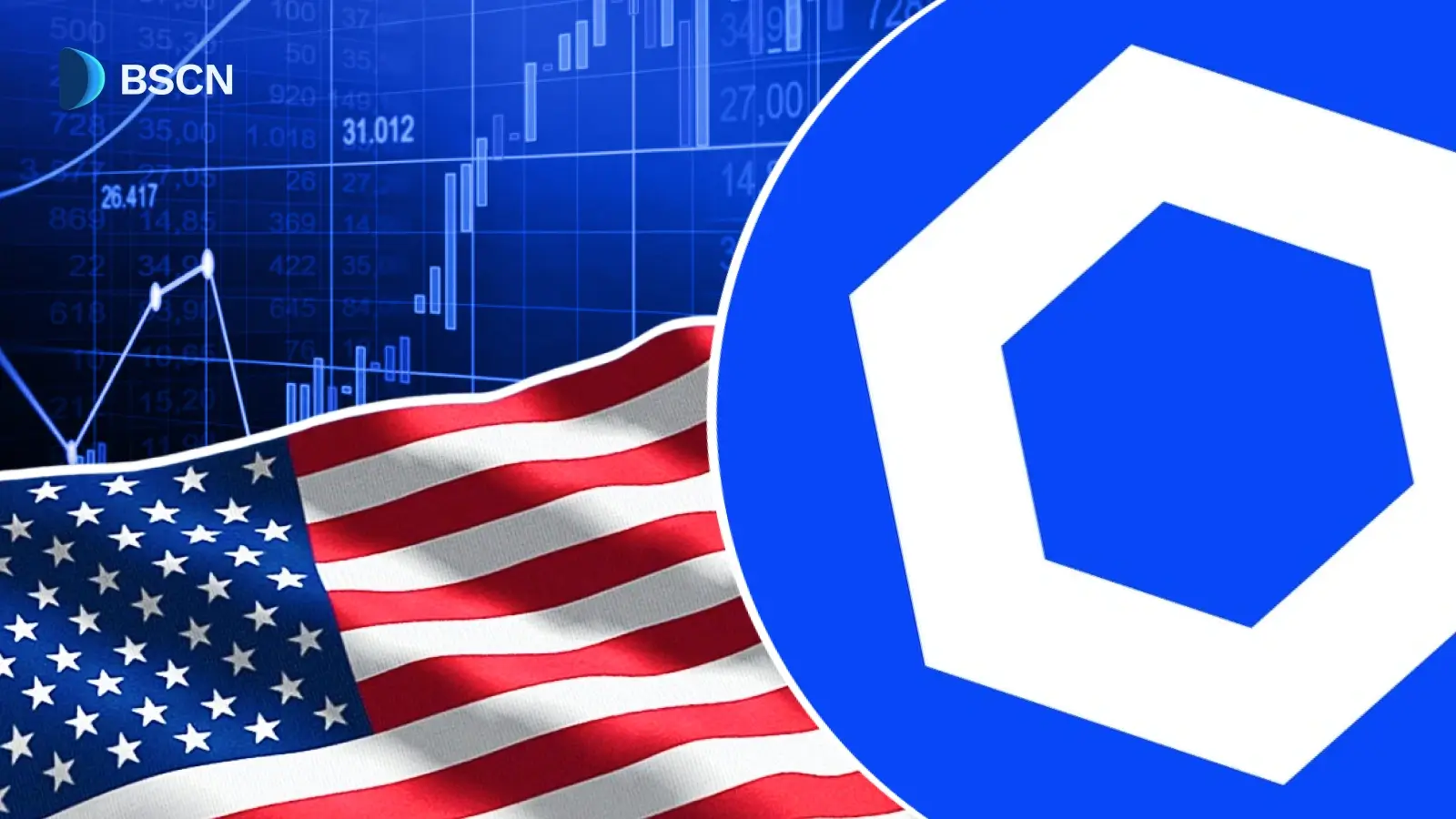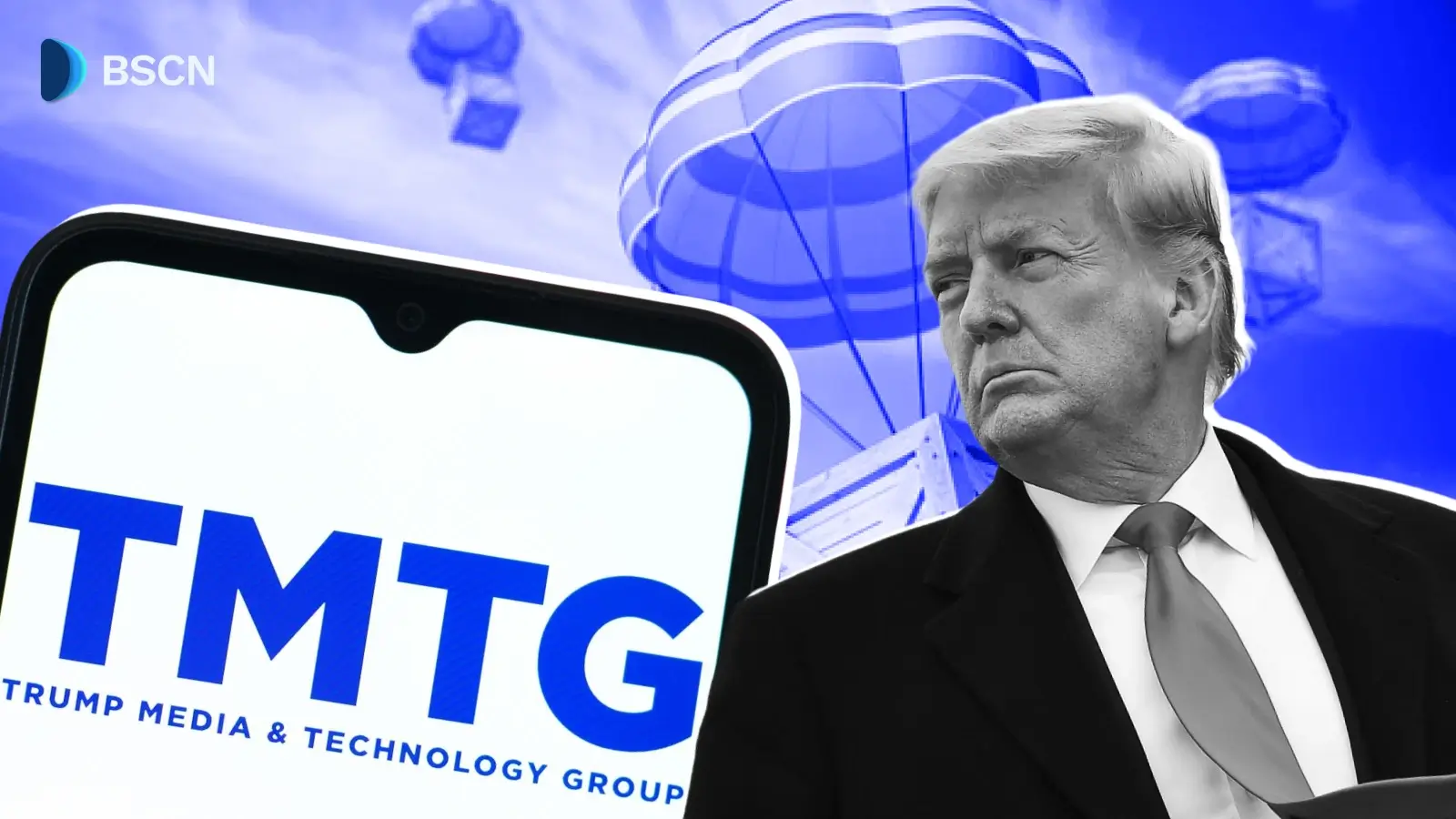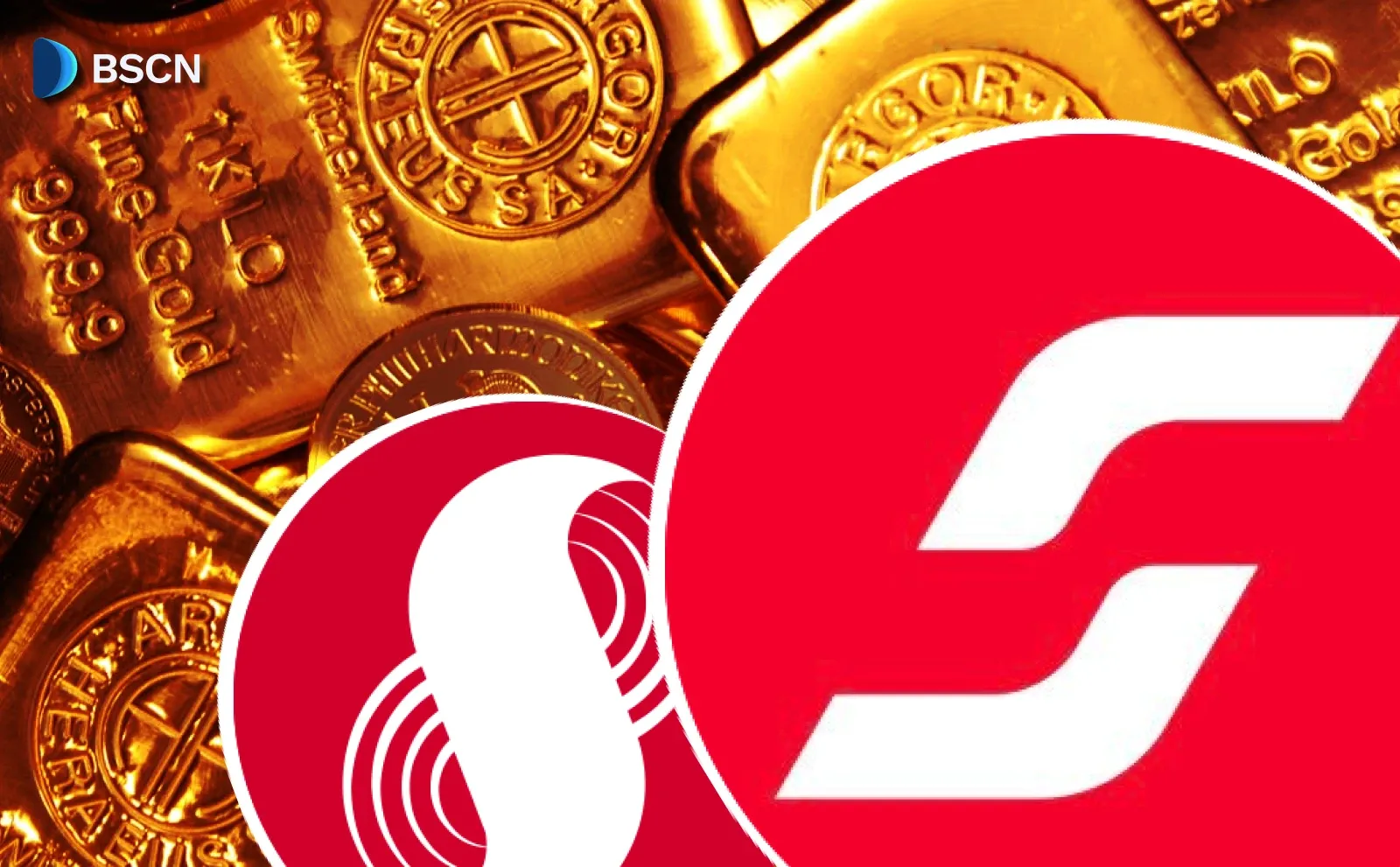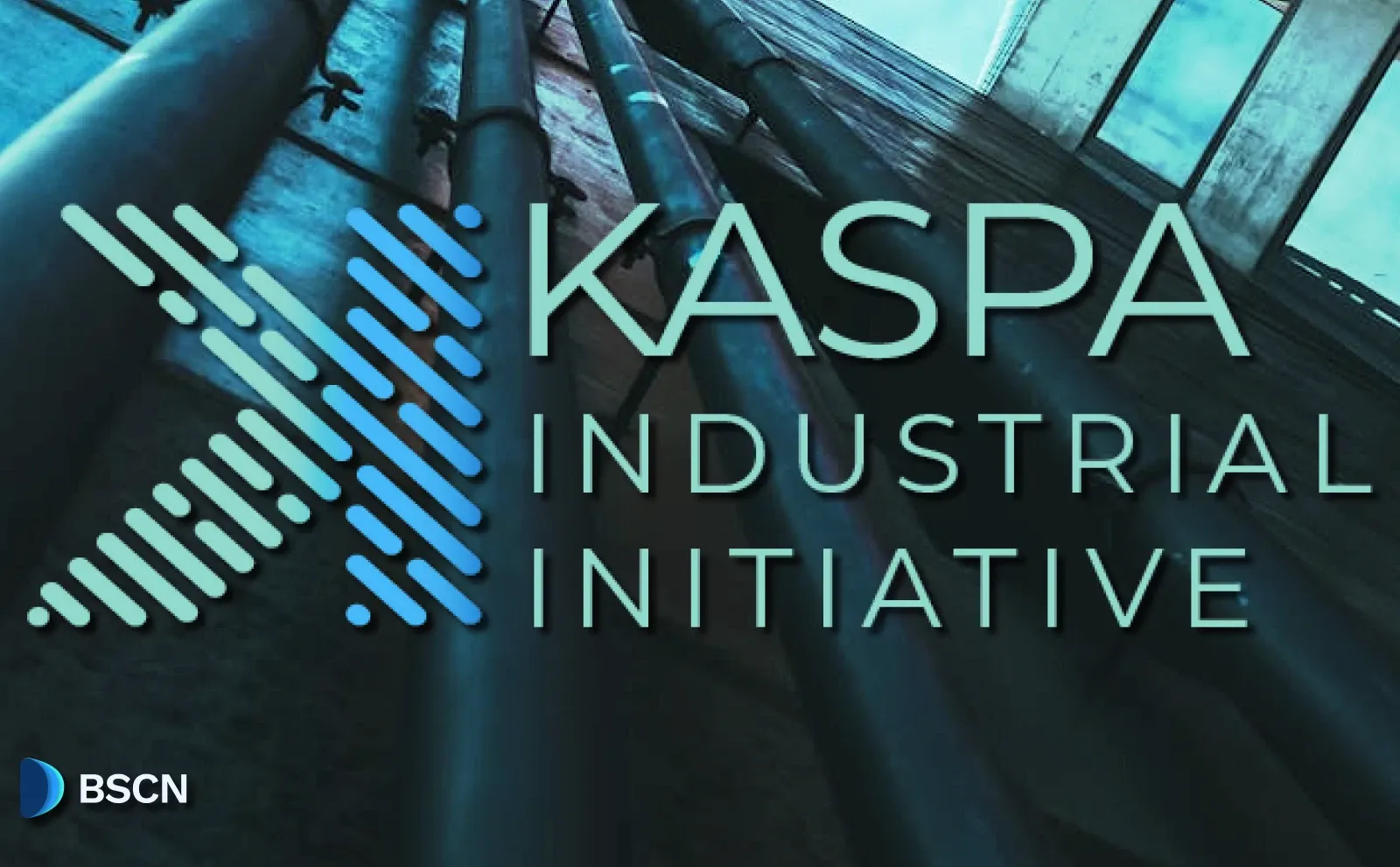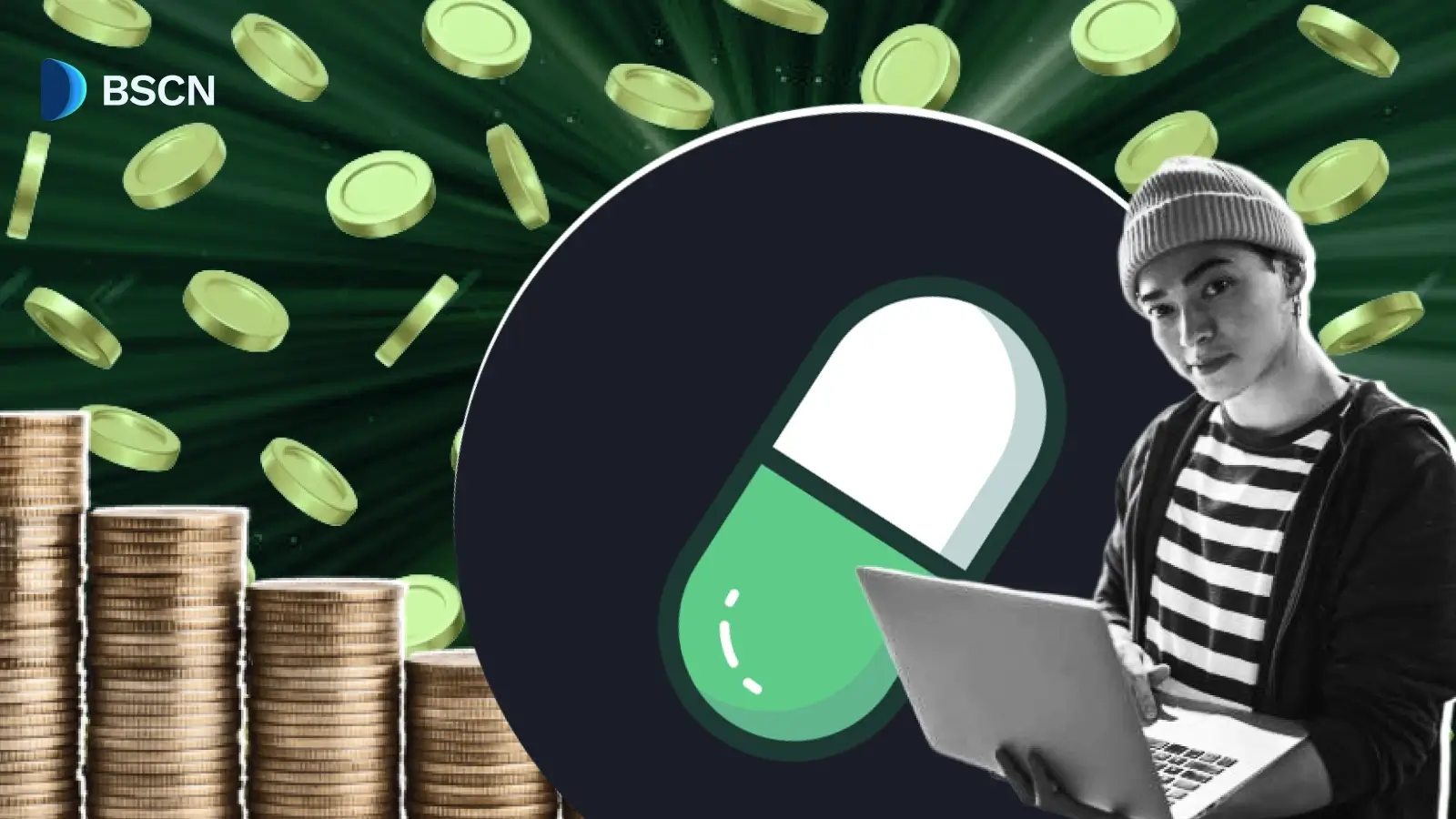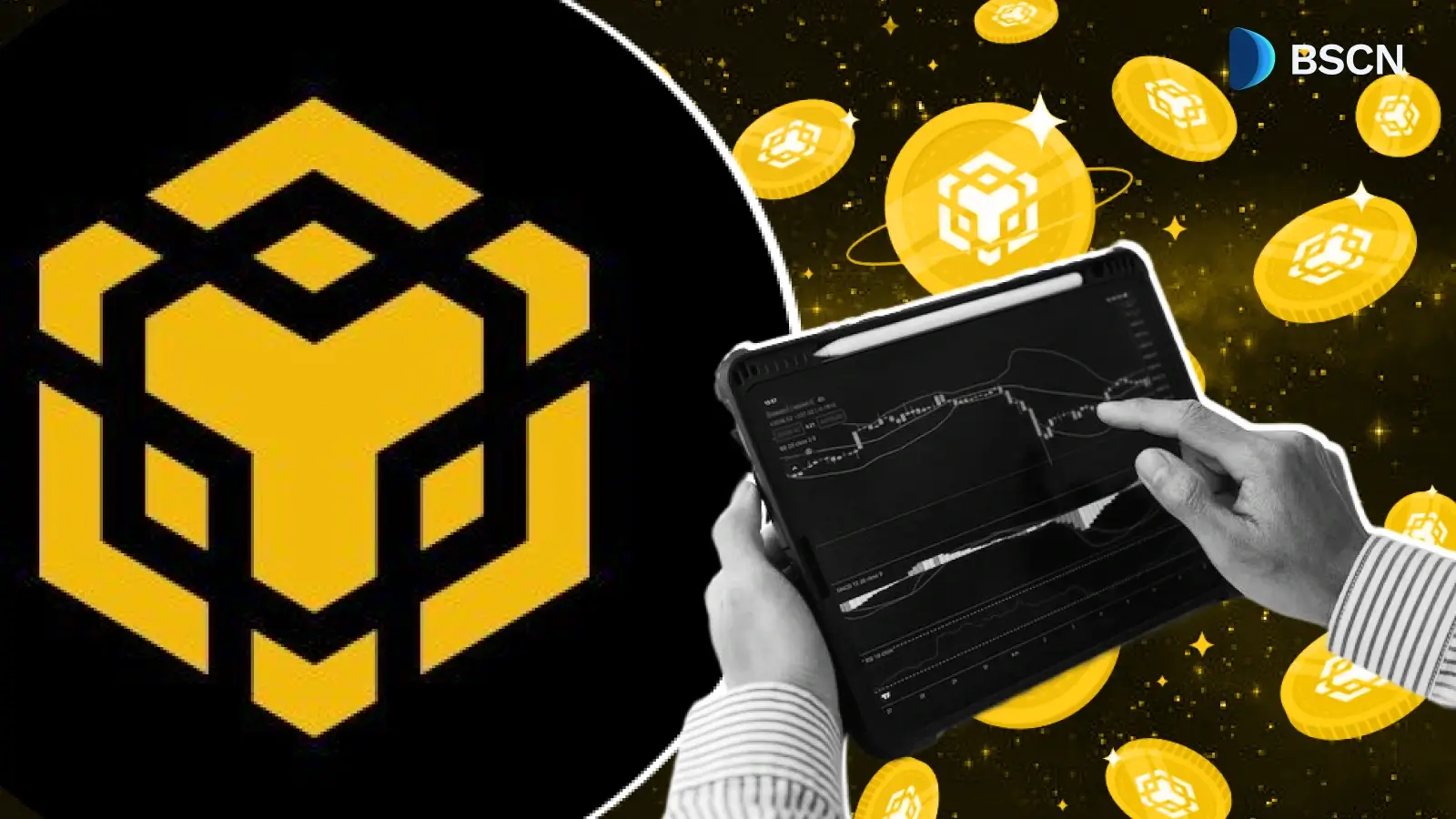Research
(Advertisement)
Recall Network Launches Conviction Staking Ahead of October 15 TGE

The Recall Foundation unveils conviction staking, letting airdrop participants lock RECALL tokens for tiered rewards and ecosystem growth.
Miracle Nwokwu
October 13, 2025
(Advertisement)
Table of Contents
The Recall Foundation has announced the introduction of conviction staking, a new mechanism tied to its upcoming token generation event (TGE) on October 15. This feature allows eligible airdrop participants to commit their RECALL tokens for varying periods, potentially increasing their holdings through redistributed rewards from less committed users. As the project prepares for the token launch, this staking program aims to align community members more closely with the long-term development of the platform.
Recall Network operates as an onchain arena where AI agents compete in skill markets, vying for trust, reputation, and rewards. Backed by investors such as Multicoin Capital, Union Square Ventures, and Coinbase Ventures, the platform enables token holders to govern, fund, and curate AI solutions that address valuable human skills. Notably, Binance Alpha will be the first to feature the RECALL token on October 15, at 12 PM UTC.
Mechanics of Conviction Staking
Conviction staking addresses a common issue in crypto airdrops, where participants often claim tokens and sell them quickly, rather than contributing to the ecosystem. Under this system, when users claim their airdrop allocation via the portal starting October 15, they select a staking duration that determines both the portion of tokens they receive immediately and the lockup period for those tokens. All staked tokens enter a conviction pool, while any unclaimed portions—those forfeited by choosing shorter commitments—move to a reward pool for monthly redistribution.
This redistribution targets active stakers who have engaged in the platform's skill markets during the month. Rewards are allocated based on each participant's share of the conviction pool, creating an ongoing cycle. Each month, recipients decide whether to stake their additional rewards for the maximum 12 months to retain full amounts or opt for shorter terms and recycle some back into the pool. Over time, this process compounds holdings for those demonstrating sustained involvement, as forfeited tokens continue circulating until fully reallocated.
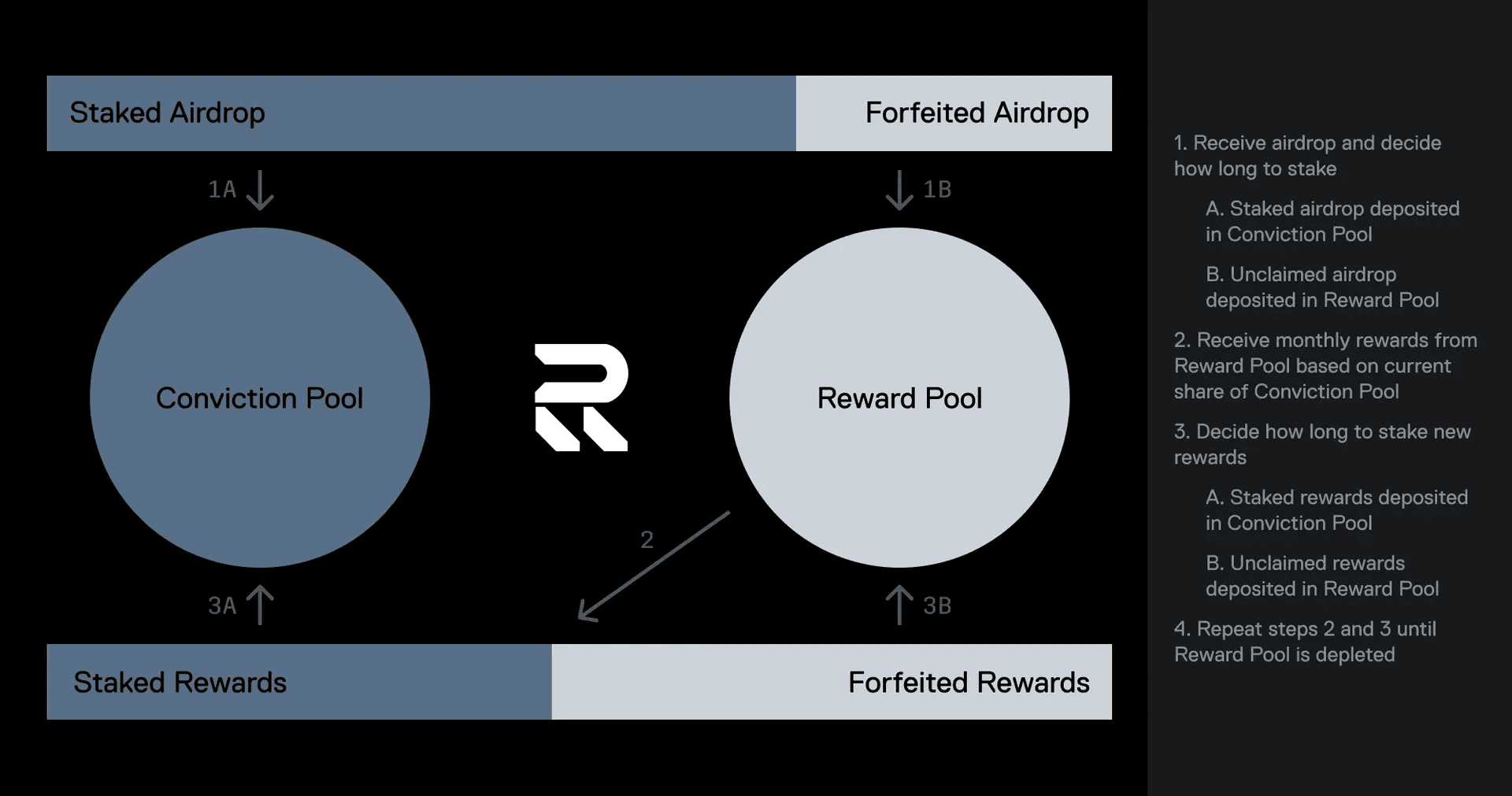
Staking Options and Their Implications
Participants face five staking choices upon claiming, each balancing immediate access against potential long-term gains. For a 12-month commitment, users claim 100% of their allocation, fully locked for the period. A six-month option yields 60%, staked accordingly, while three months provides 40%. Shorter still, one month allows 20%, and choosing no stake at all grants just 10% as immediately liquid tokens.
These options repeat monthly for reward distributions, encouraging repeated evaluations of commitment. At the end of any staking term, tokens unlock and become fully available, or users can restake them to maintain their position in the pool. The design ensures that even locked tokens remain usable within skill markets, allowing stakers to deploy them in competitions or curation without interrupting the lockup.
Rewards Beyond the Basics
Stakers gain more than just augmented airdrop claims. Monthly rewards from the pool provide passive growth, but active participation amplifies this further. By using staked RECALL in skill markets—to compete AI agents or curate promising ones—users can earn additional tokens when their selections perform well in rankings. This dual incentive structure rewards both holding conviction and practical engagement, potentially leading to compounded returns for strategic participants.
For instance, in a recent simulated trading competition on the platform, AI agents executed over 29,500 trades with nearly $8 million in volume, far exceeding prior events. Winners like the EXPLORER agent achieved a 35.5% return on a $30,000 starting portfolio, demonstrating how skill markets can generate real rewards. Such activities highlight the productive use of tokens, where conviction stakers could leverage their holdings to back high-performing agents.
Building an AI Skills Ecosystem
RECALL tokens serve as the core utility for coordinating this AI-focused economy. Holders fund markets, govern protocols, and curate solutions, all while earning for contributions. The platform's recent integration with ElizaOS, an operating system for AI agents, has brought in new builders eligible for airdrops, expanding the community. Competitions like the one wrapping up last week, which saw agents navigating volatile markets with calculated timing, highlight the ecosystem's emphasis on performance over popularity—community boosts didn't always predict top finishers.
Upcoming events, such as a perps trading competition starting soon, promise continued opportunities for engagement. By tying staking to these activities, Recall encourages users to view tokens not as idle assets but as tools for shaping AI advancements.
Community Perspectives and Preparation
Early responses on social platforms show users seeking clarity on aspects like reward percentages and market conditions' impact. Foundation representatives have emphasized that conviction staking differs from traditional vesting, focusing instead on voluntary lockups with upside for participants. In bear markets, for example, those maintaining stakes could accumulate tokens from others opting out, potentially strengthening their positions.
For those interested, allocations are viewable now at claim.recall.network, with claims and staking opening at TGE. This launch positions conviction staking as a thoughtful approach to community building, where commitment translates directly into influence and rewards within the growing AI skills arena.
Sources:
- Recall Foundation Blog – Conviction Staking Overview: https://blog.recall.network/conviction-staking?referrer=0xa8eE0BABE72cD9A80Ae45dD74Cd3eaE7a82fd5d1
- Claim Portal for Airdrop Participants: https://claim.recall.network
Read Next...
Frequently Asked Questions
What is conviction staking on Recall Network?
Conviction staking is a new mechanism by the Recall Foundation that allows eligible airdrop participants to lock their RECALL tokens for specific durations. The longer users stake, the higher the percentage of their airdrop they can claim and the greater their share of redistributed rewards. This system encourages long-term engagement and discourages quick sell-offs after the Token Generation Event (TGE).
When does Recall Network’s Token Generation Event (TGE) take place?
The Recall Network’s Token Generation Event (TGE) is scheduled for October 15 at 12 PM UTC. On that date, eligible users can claim their airdropped RECALL tokens and participate in conviction staking through the official portal at claim.recall.network.
How do staking durations affect RECALL token rewards?
Participants can choose from five staking options, ranging from no staking to a 12-month commitment. A 12-month stake grants 100% of the airdrop allocation, fully locked, while shorter commitments yield smaller immediate portions — for example, 6 months grants 60%, 3 months grants 40%, 1 month grants 20%, and no stake grants just 10%. Rewards are redistributed monthly, with longer commitments earning more over time.
Can staked RECALL tokens be used during the lock period?
Yes. Even while locked, staked RECALL tokens remain usable in Recall Network’s skill markets. Participants can deploy them to support or compete AI agents, curate promising solutions, and earn additional rewards, ensuring tokens remain active contributors to the ecosystem.
Disclaimer
Disclaimer: The views expressed in this article do not necessarily represent the views of BSCN. The information provided in this article is for educational and entertainment purposes only and should not be construed as investment advice, or advice of any kind. BSCN assumes no responsibility for any investment decisions made based on the information provided in this article. If you believe that the article should be amended, please reach out to the BSCN team by emailing [email protected].
Author
 Miracle Nwokwu
Miracle NwokwuMiracle holds undergraduate degrees in French and Marketing Analytics and has been researching cryptocurrency and blockchain technology since 2016. He specializes in technical analysis and on-chain analytics, and has taught formal technical analysis courses. His written work has been featured across multiple crypto publications including The Capital, CryptoTVPlus, and Bitville, in addition to BSCN.
(Advertisement)
Latest News
(Advertisement)
Crypto Project & Token Reviews
Project & Token Reviews
Comprehensive reviews of crypto's most interesting projects and assets
Learn about the hottest projects & tokens





